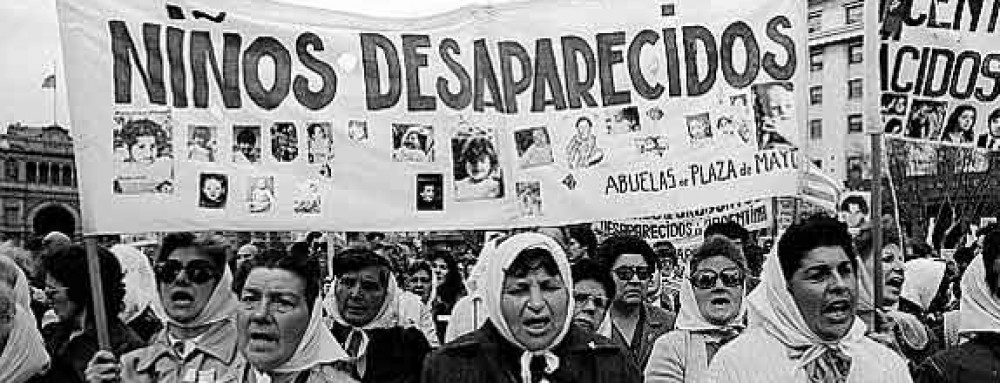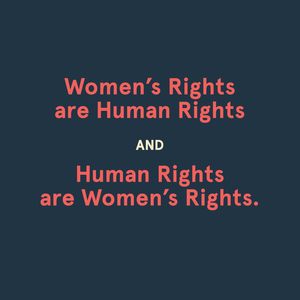 |
| Louise Weiss and other Parisian suffragettes 1935 |
Politics,
security and international relations are fields which the concerns of women
have traditionally been ignored. The first wave of feminist movements aimed to give women a
voice in politics by granting women the right to vote. While this was a
tremendous moment in history, the right to vote was granted within a structure
built around dealing with traditionally masculine issues. Thus, while women
could participate, the issues of security that were considered feminine were
ignored.
In recent
years there has been a growing push to include ‘feminine’ issues into the realm
of security, politics, and international relations. If the logic of realism, militarism and ‘hard power’ are inherently masculine; the
expansion of politics to include feminine issues has come to include human security,
gender emancipation, and a greater emphasis on diplomacy. I believe this push
for expansion comes from two sources, the contributions of post structural feminism explaining that gender is a socially
constructed idea and the popular woman’s movements which have emphasized the
insecurity of women because of the effects masculine security politics have had
on their lives. These social movements and recent scholarship challenge
traditional notions of security and gender identities
 |
| A mother runs into a soldier of the \ Jorge Rafael Videla dictatorship during a protest in 1977 |
 |
| Members of the Madres de Plaza de Mayo at a march |
These women provide an example of
traditionally feminine attributes, (motherly, non-militant, and emotional) being
been brought into the realm of security as a security issues. This represents an
expansion of the security agenda beyond traditionally masculine issues. As it was
the Argentinian government that was the source of the insecurity of these women, the
‘Madres de Plaza de Mayo’ also exemplify the insecurity that masculine
centered security policies can have on women. Furthermore, the context of the ‘Madres de Plaza de Mayo’ demonstrate an instance in which the feminine identity of mother was used because
of the security it offered. Had these women joined the rhetoric used by their children, they would have likely been arrested, and possibly killed, by the Argentinian government.
 |
| Women's March in Washington DC, January 21, 2017 |
 |
| Poster from Women's March |
As a final note, there is wide
consensus that gender is a socially constructed idea which lacks any inherent
value. The demands made by social movements provide examples of various feminine and
masculine identities. Examining these identities we can see that both masculine
and feminine identities are continuously expanding and changing. In turn, this has challenged traditional ideas of
politics and security, forcing both fields to deepen and broaden to include
these new identities.
If the issue of gendered security and the insecurity of people because of their own government follow this link to Amnesty International, an organization which has continuously fought for the universal human rights of all people.
To visit images and works cited please follow the hyperlinks.
If the issue of gendered security and the insecurity of people because of their own government follow this link to Amnesty International, an organization which has continuously fought for the universal human rights of all people.
To visit images and works cited please follow the hyperlinks.
No comments:
Post a Comment